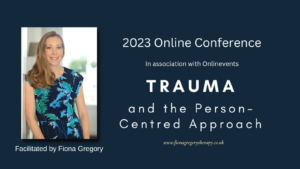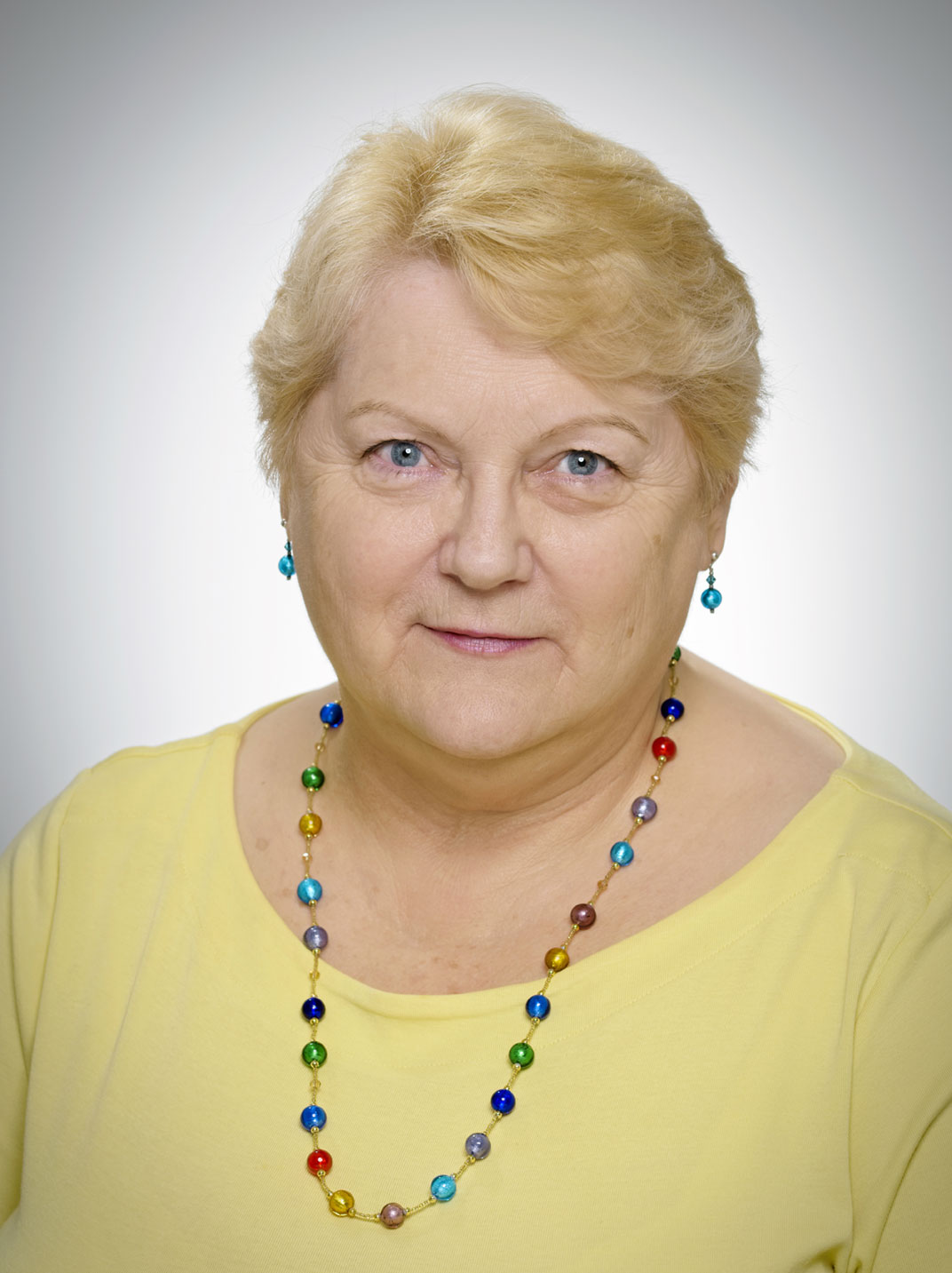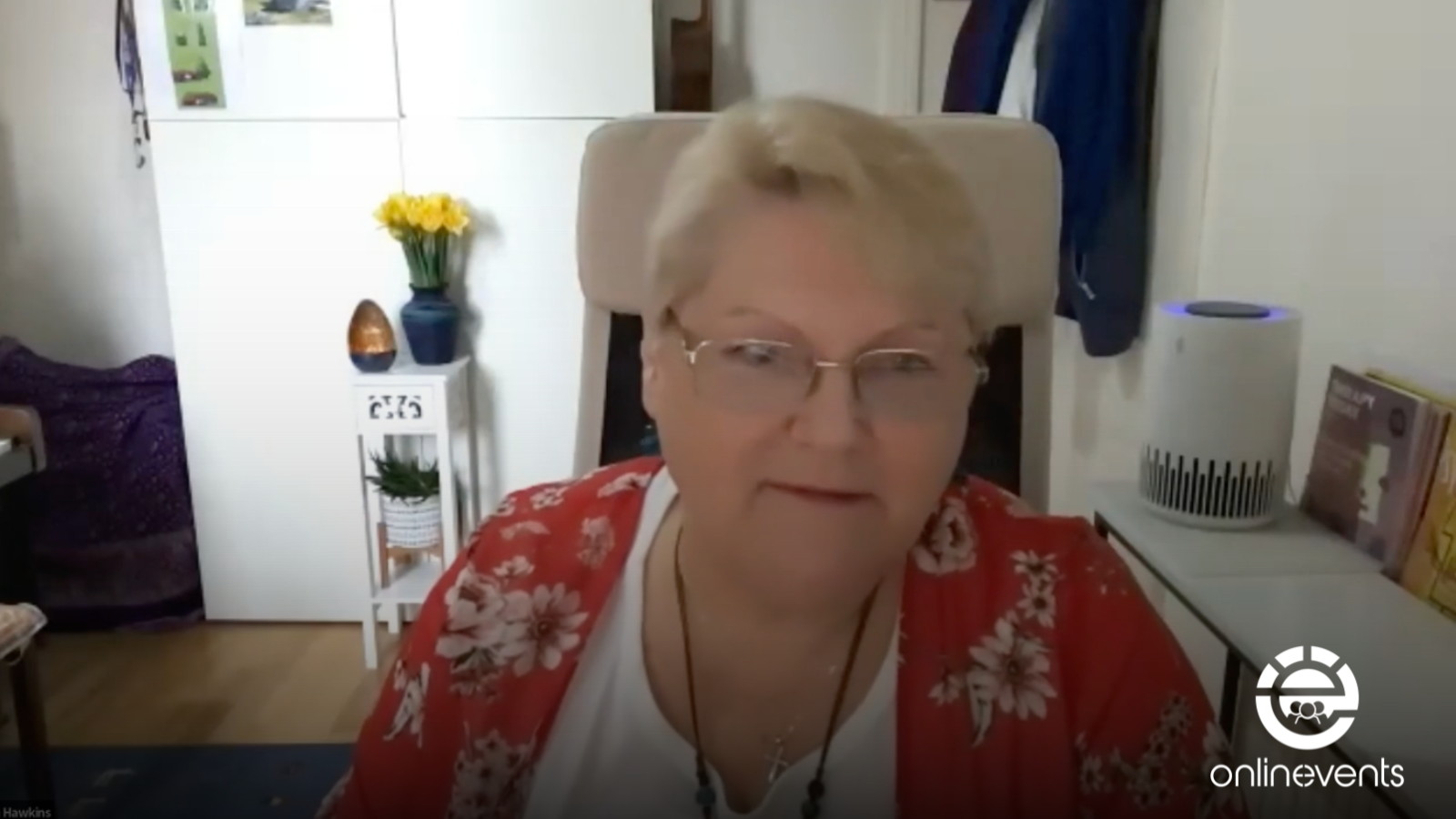One of the issues facing therapists supporting Survivors of childhood trauma with dissociative identity disorder (DID) – I prefer to think of this as dissociative identity experiencing – and other dissociative experiencing, is how to respond to the younger selves in their clients.
Workshop Details
We may be meeting with an adult who has a self who functions well in the world of work, yet who suffers from isolation in their personal life. That same person may be experiencing flashbacks, losing time, times of anxiety, terror or lostness. Lacking ability to self soothe, they may be overwhelmed with feelings of fear, rage or despair and have had the natural urge to seek help and comfort destroyed at an early age. Diligently they work in our verbal therapy yet cannot heal those aspects of self.
It is helpful to have an understanding of the impact of trauma at different developmental stages, and to be able to recognise when these developmental stages are affecting our client in the therapy room, and how we as therapists can come alongside each of the inner selves most effectively. In this brief talk for such a broad subject, I hope to encourage a discussion, and an interest in learning more about how to support our clients who have such complex needs.
Person-Centred therapy is incredibly potent when we find we can offer every aspect of our client the depth of our understanding, compassion, fearlessness and recognition of every part of themselves, and allow the youngest to find an attachment is possible – healing of those most wounded tiny selves can only happen if they are seen and understood.
Learning Objective Participants Can Expect From This Event
- To understand the impact of trauma at different developmental stages and how it affects clients in therapy.
- To learn how to effectively support clients with dissociative identity disorder and other dissociative experiences.
- To use person-centered therapy to offer clients understanding, compassion, fearlessness, and recognition of every part of themselves to facilitate healing.
Who is This Workshop Appropriate For?
- Counsellors & Psychotherapists working with people who have experienced trauma
How May This Workshop Impact Your Practice?
- Person-centered therapy can be particularly effective when working with clients who have complex needs and dissociative experiences, and it may require additional training and education for the therapist to effectively support these clients.
2023 Conference – TRAUMA and the Person-Centred Approach
Fiona’s aim with this series of events is to bring together a range of practitioner voices for lively discussion and exploration of the challenges and benefits of person-centred practice when working with traumatised people.

The appropriateness and sufficiency of the person-centred approach to working with trauma is a topic of debate and controversy. On one hand, some argue that the approach is not appropriate or sufficient, because it doesn’t specifically address the unique needs and issues that individuals who have experienced trauma may face. These might include chronically intrusive traumatic memories and flashbacks; bodily and emotional reliving of the trauma; troubling somatic symptoms; difficulties with highly dysregulated emotions; experiences of dissociation, including structural dissociation of the self; chronic dysregulation of the nervous system; sleep disturbance and nightmares. Questions arise for some, as to whether the person-centred approach is a holistic enough approach to working with the extensive repercussions of trauma, or whether it works actively enough towards ‘resolution of trauma’.
Conversely, others argue that the person-centred approach is highly effective and uniquely powerful, because it prioritizes safety in relationship – the very thing that trauma undermines. What’s more, it is founded on the principles of unconditional positive regard and empathy for all parts of the person, including traumatized parts who feel the urge to protect by (reflexively or deliberately) disconnecting from relationships with self and others. Importantly, the person-centred approach also promotes self-exploration and autonomy, leading to a reconnection with organismic valuing, which we know tends to be stifled in traumatic childhood relationships, or can be lost through the experiencing of a traumatic event as an adult.
The question of whether the person-centred approach can be helpful in counselling for trauma survivors is an important one that requires further examination from different perspectives, which is the purpose of this series of events.
Fiona has sought out a range of speakers, from well-known writers and trainers in the field, to newer, emerging voices, as well as some practitioners from outside the field of person-centred practice. She would like to extend the invitation to anyone interested in speaking in 2023, so if you would like to speak on a topic related to person-centred practice and trauma, please get in touch with Fiona at th*******************@********il.com.
Course Content
Presenter

Fiona is a UKCP registered person-centred psychotherapist with a special interest in trauma. She works predominantly with clients who are struggling with the complex long-term impact of adverse childhood experiences and abuse, as well as people who have experienced single traumatic events and are experiencing post-traumatic stress.
She holds an MSc in Contemporary Person-Centred Psychotherapy and Applications from Metanoia Institute and is also an EMDR practitioner. She has her own private practice in Surrey, volunteers for Mind as a therapist, and is the creator/facilitator of the Person-Centred Association’s Trauma Special Interest Group.

Jan Hawkins has a background in psychology, teaching and training in the PCA. Since 1991, she has been in private practice as a Person-Centred therapist, supervisor, group facilitator and trainer. Jan ran groups for Survivors of childhood abuse during the early nineties, controversially offering groups with women and men together, and for those who had experienced any type of abuse. Many students and supervisees reported their difficulties in locating good, practical and developmental training for practitioners focussing on the issues raised by a history of childhood abuse. In response to this expressed need in 1994 Jan created, and co-facilitated, a Diploma course in Counselling Survivors of Childhood Abuse, the first initiative of its kind in Europe. Since then, through FDP, Jan has continued to run post counselling training Diploma courses and study days with a conviction that experiential learning is imperative for the continued development and deepening of the core attitudinal qualities of the Person-Centred practitioner. She has been particularly keen to encourage Person-Centred therapists to extend their practice to people with learning disabilities, many of whom suffer silently from their legacies of childhood abuse.


